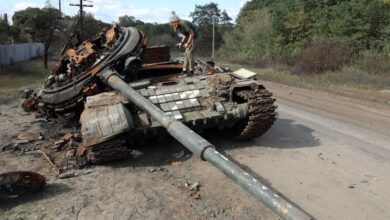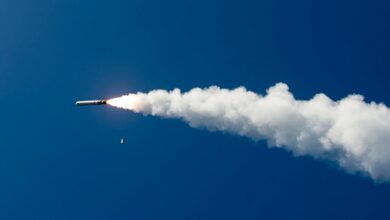Some countries have already deployed troops on the ground in Ukraine to take on support roles, Estonian Prime Minister Kaja Kallas has revealed.
This comes as French President Emmanuel Macron continues to float the idea of sending Western soldiers to the war-ravaged nation to help fight Russian forces.
According to Kallas, foreign troops are already present in Ukraine to train military personnel on the ground.
Though she did not mention specific countries, she said these nations have sent troops near the battlefield “at their own risk.”
The US has already said deploying American soldiers in Ukraine now is off the table. The country would likely do so when the war is over, according to a top US general.
Finland has also rejected the call, saying the idea did not raise “big enthusiasm” in Helsinki.
‘NATO Allies Should Not Fear Russia’
Kallas said she believes there is no risk of direct conflict with Russia if Western nations help Ukraine train its soldiers on Ukrainian soil.
And even if there is indeed a risk, she urged NATO allies not to fear Moscow.
“Russia’s propaganda is all about being in a war with NATO. So they don’t need an excuse,” she stressed. “Whatever we do on our side, if they want to attack, they will attack.”

Regardless of Russian warnings, Kallas claimed sending military instructors on the ground in Ukraine would not automatically trigger Article 5 of the mutual defense treaty.
Article 5 states that an attack by a hostile power on a NATO member would be deemed an attack on all members.
“I can’t possibly imagine that if somebody is hurt there, then those who have sent their people will say ‘it’s Article 5. Let’s bomb Russia!’” she said. “It is not how it works. It’s not automatic. So these fears are not well-founded.”
Will Estonia Send Troops to Ukraine?
Sending military instructors to Ukraine requires approval from the Estonian parliament, according to Kallas.
She said it remains an open public debate in Tallinn, but “I think we shouldn’t rule out anything right now.”












